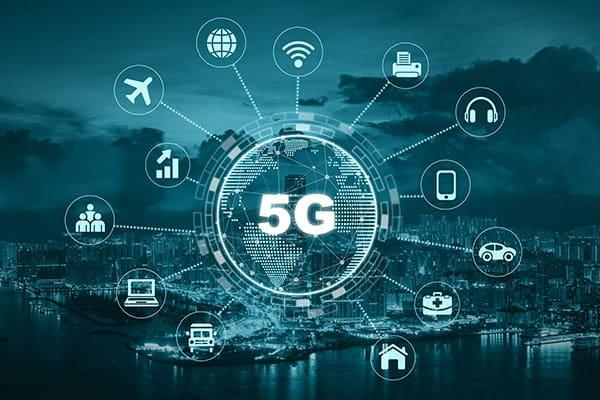What are the Use Cases and Applications of 5G Mobile Networks?
5G, or fifth generation, is the latest mobile network technology that offers faster speeds, lower latency, and greater capacity than previous generations. With its advanced capabilities, 5G has the potential to enable a wide range of new use cases and applications. In this article, we will take a closer look at some of the most exciting use cases and applications of 5G mobile networks.
One of the most promising use cases of 5G is in the area of the Internet of Things (IoT). 5G networks have the ability to support a large number of connected devices, which is crucial for the widespread adoption of IoT. With its low latency and high-bandwidth capabilities, 5G can enable real-time interactions between devices, such as smart home appliances, industrial machines, and vehicles.
Another important use case of 5G is in the field of augmented and virtual reality (AR/VR). 5G networks have the ability to provide high-definition video streaming and low latency, which is crucial for providing an immersive AR/VR experience. This opens up a wide range of possibilities, from gaming and entertainment to education and training.
5G also has the potential to revolutionize the transportation industry. One of the most important use cases of 5G in transportation is in the area of autonomous vehicles. 5G networks have the ability to provide low latency and high-bandwidth connectivity, which is crucial for the safe and efficient operation of self-driving cars. 5G can also enable the use of other smart transportation systems, such as traffic management and smart parking.
Another area where 5G can have a significant impact is in the field of healthcare. 5G networks have the ability to provide low latency and high-bandwidth connectivity, which is crucial for the use of telemedicine and remote surgery. This can enable doctors to remotely monitor patients, perform virtual consultations, and even perform surgeries remotely.
5G networks can also be used to improve the efficiency of industrial processes. With its low latency and high-bandwidth capabilities, 5G can enable real-time monitoring and control of industrial machines and equipment. This can improve efficiency and reduce downtime, leading to significant cost savings for manufacturers.
In conclusion, 5G, the fifth-generation mobile network technology, has the potential to enable a wide range of new use cases and applications. With its advanced capabilities, 5G has the potential to revolutionize many industries, from IoT and AR/VR to transportation and healthcare. The widespread adoption of 5G networks is expected to bring significant benefits to both individuals and businesses. However, it's worth noting that not all regions have access to 5G yet and it is still in the process of rolling out.





